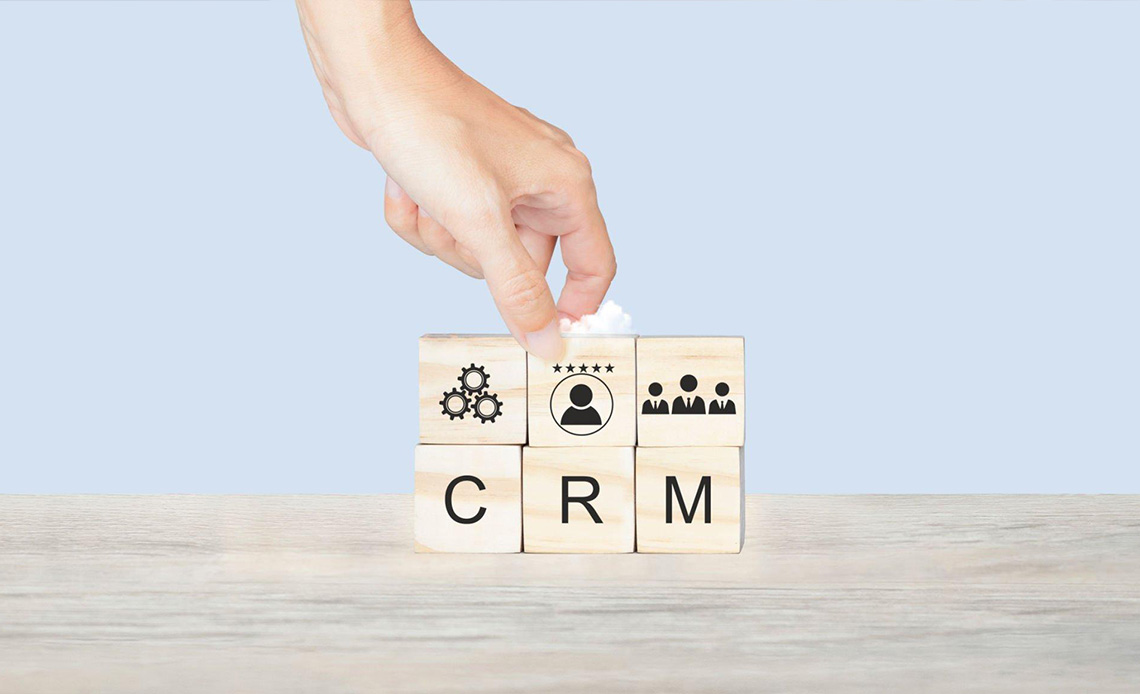Introduction:
In the ever-evolving landscape of project management, organizations are constantly seeking ways to improve efficiency, enhance collaboration, and deliver successful outcomes. One powerful tool that has gained significant traction in recent years is Customer Relationship Management (CRM) software. While traditionally associated with sales and marketing, CRM has proven to be a game-changer when integrated into project management processes. In this blog, we explore the numerous benefits of using CRM in project management and how it can help organizations achieve their project goals with greater effectiveness.
Enhanced Collaboration and Communication:
Effective project management relies heavily on seamless collaboration and communication among team members, stakeholders, and clients. CRM systems provide a centralized platform where all project-related data, conversations, and updates can be stored, accessed, and shared in real-time. This eliminates the need for scattered emails, disjointed communication channels, and endless meetings. By having a single source of truth, team members can collaborate more efficiently, track progress, and stay aligned on project objectives.
Streamlined Project Planning and Tracking:
CRM software offers robust project planning and tracking features that enable project managers to break down complex projects into manageable tasks, assign responsibilities, set deadlines, and track progress. These functionalities allow for efficient resource allocation, identification of bottlenecks, and prompt issue resolution. Project managers can generate comprehensive reports, visualize project timelines, and evaluate team performance, thus ensuring projects are on track and objectives are met within the defined scope and timeline.
Improved Customer Relationship Management:
Projects often involve multiple stakeholders, including clients, vendors, and internal teams. CRM systems enable project managers to maintain a holistic view of all interactions, touchpoints, and requirements associated with each stakeholder. This helps build stronger relationships, fosters customer satisfaction, and increases the likelihood of successful project outcomes. Additionally, CRM systems facilitate personalized and targeted communication with stakeholders, ensuring their needs are met and their expectations are managed effectively.
Efficient Resource Management:
Effective resource management is crucial for project success. CRM software provides features to manage and allocate resources efficiently. It allows project managers to view resource availability, assign tasks based on skills and capacity, and track resource utilization. By optimizing resource allocation, organizations can ensure that the right people with the right skills are assigned to the right tasks, thereby maximizing productivity and minimizing resource wastage.
Data-driven Decision Making:
CRM systems capture and store a wealth of data related to project activities, customer interactions, and performance metrics. Leveraging this data through analytics and reporting tools empowers project managers to make informed decisions. They can identify trends, track key performance indicators (KPIs), and gain valuable insights into project progress, resource utilization, and client satisfaction. Data-driven decision making helps project managers proactively address challenges, mitigate risks, and continuously improve project outcomes.
Conclusion:
Integrating CRM software into project management processes offers a multitude of benefits. It enhances collaboration and communication, streamlines project planning and tracking, improves customer relationship management, enables efficient resource management, and facilitates data-driven decision making. By leveraging CRM, organizations can increase project success rates, boost client satisfaction, and achieve better overall business outcomes. As project management continues to evolve, embracing CRM technology will undoubtedly become a critical component of achieving project excellence in today’s competitive landscape.




